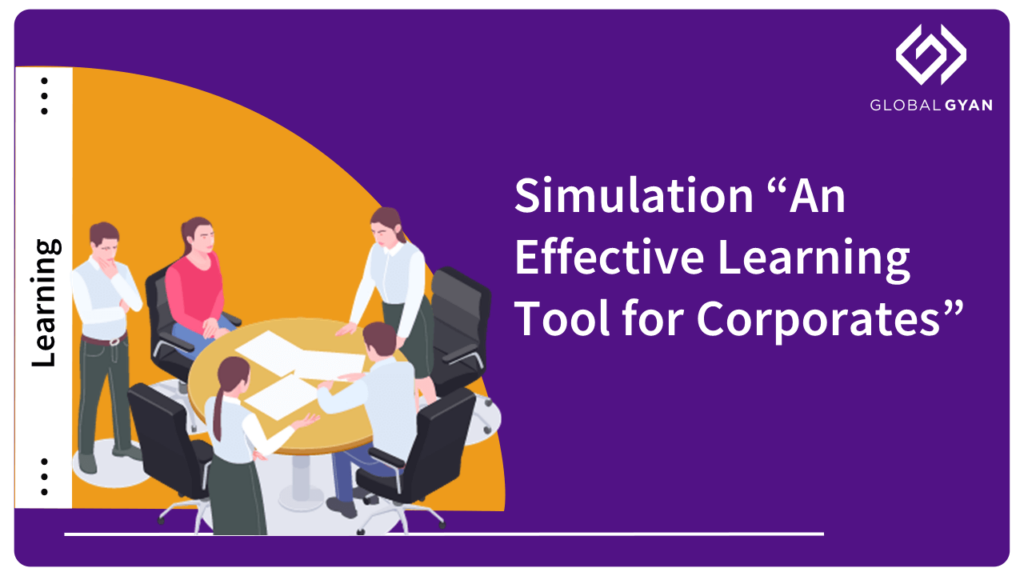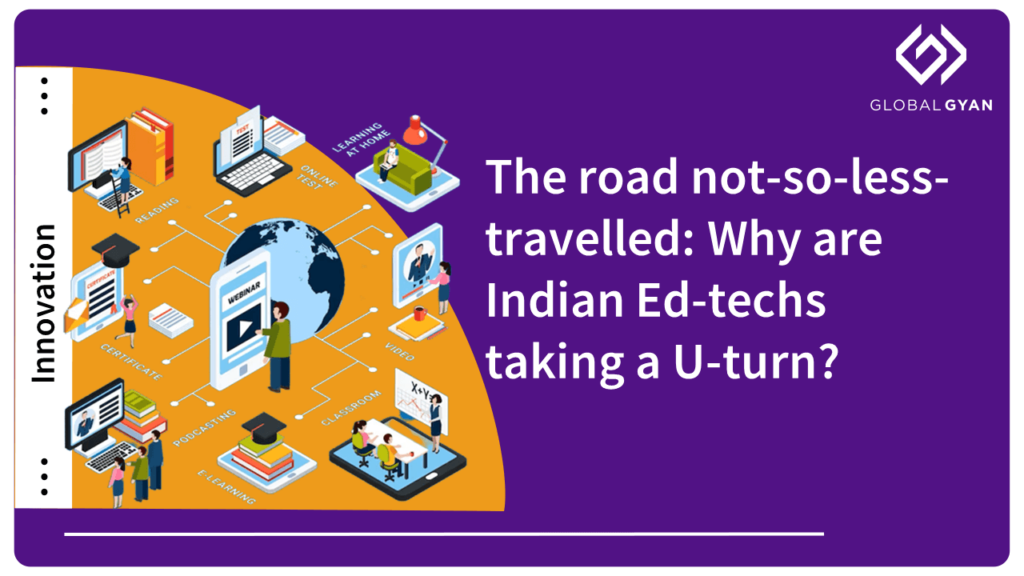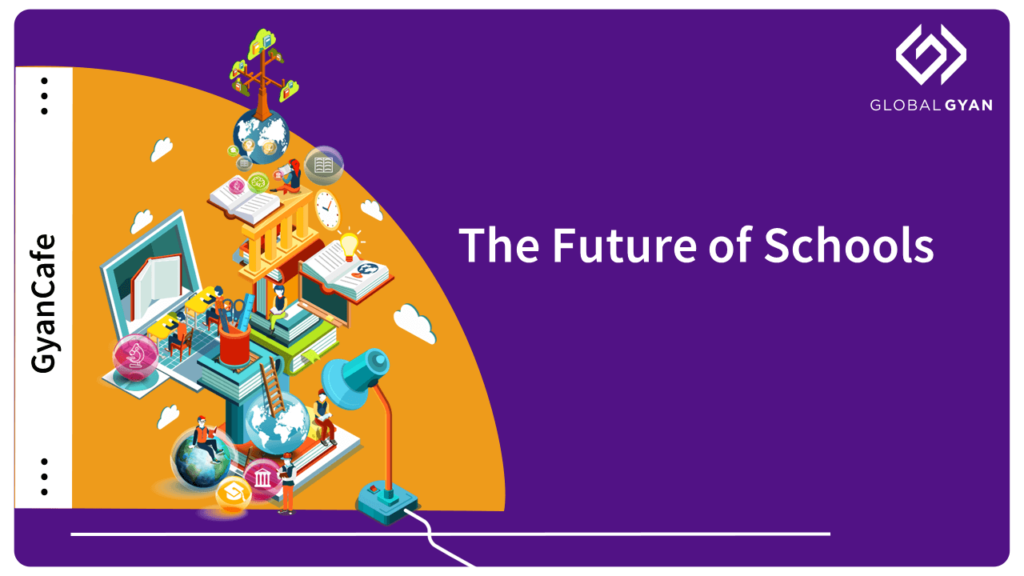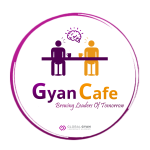Simulation “An Effective Learning Tool for Corporates”


Today’s competitive environment is more competitive than ever before—and it won’t stop. That means that companies need to stay on their toes, keep up with trends and new developments, and be ready to adapt on the go.
With these emerging realities – one reality that cannot be overlooked is the huge skill gap that exists in the industry. Reskilling has become the need of the hour for many businesses. In fact, an extensive new ‘Korn Ferry report’ finds that by 2030, more than 85 million jobs across the globe could go unfilled because there aren’t enough skilled people to take them which can result in $8.5 trillion in unrealized annual revenues.
The ‘National Employability Report for Engineers’ put out by a job assessment platform aspiring Minds, has revealed that over 80% of engineers in India are unfit to take up any job in the knowledge economy. Only 2.5% of engineers in India possess artificial intelligence skills while only 5.5% are qualified with basic programming abilities.
Employers are increasingly seeking a diverse set of domain skills that range from functional to technical. Data analysis skills (data analytics, artificial intelligence, and business analysis) are a formidable part of the top domain skills employers want candidates to possess.
The question is how equipped is today’s workforce who have been trained by the traditional education system which is anchored on theory-based knowledge? Are they ready to meet the skill requirements of the fast-paced digitized, hybrid, and technology-driven corporate set-up?
One of the solutions to this growing skill gap lies in embracing and building an agile learning culture focused to upskill and reskill the workforce. Constant learning—driven by both workers and organizations—will be central to the future of work, extending far beyond the traditional definition of learning and development.
To this end, one approach is to use simulation-based learning. An effective learning approach that places people in immersive, true-to-life scenarios that replicate job conditions. We know about simulations-led training across sectors like health care training medical professionals to train them to conduct various surgeries, while in aviation for training pilots to fly different aircrafts in a safe manner likewise these are also extensively used for military drills, space projects, etc. Simulation-based learning has proven to be highly effective across these sectors and has given its benefits in terms of effectiveness, efficiency, flexibility, and relevancy. Hence, drawing inspiration from these, the benefits cannot be ignored for corporate training.
Let’s see how corporates can harness the power of simulation-based learning for upskilling.
In this article we will cover:
What is Simulation-based learning?
Simulation-based learning is a hands-on, interactive way to give the learner an opportunity to apply theoretical knowledge, get accustomed to life scenarios, garner opportunities to make mistakes, and learn from them with negligible stakes. It proves to be an effective learning mechanism to improve core skills in a way that can be applied confidently in the real world.
The reasons behind its popularity in corporate learning
Simulation inherently is a form of experiential learning that uses structured scenarios to teach about workplace situations. It is a way for people to practice real-life skills and understand how they might respond in different situations. These simulations also provide the advantage of gamifying the whole experience. For example, the inputs from the learners for each probable scenario that is fed, a unique journey through the simulation is defined. It can have multiple levels of difficulties that can test the learner on multiple skill sets and challenging scenarios. This very nature of immersive learning draws the learner into the learning ecosystem and makes the whole experience engaging, effective, and efficient.
Simulation-based learning promises to bring in the practicality of learning and development interventions for corporates while making it more effective and efficient.
With this in mind, simulation-based learning can be harnessed for corporate training in different ways:
- Decision-making is a key component of business management. It requires both the ability to identify problems and then make decisions about what actions to take. Simulation-based training provides an environment where participants can practice making decisions that affect their performance and the performance of their teams. This helps them to develop their decision-making skills, which are critical for success in business.
- Collaboration skills in simulation training, participants can practice collaborating with other people on projects or tasks that require teamwork. This helps them to develop stronger communication skills as well as learn how to listen better and delve into diverse problem-solving approaches which otherwise would not have been thought through individually.
- Sales training programs can help employees deal with job challenges such as seeking client meetings, driving sales conversions, and upselling.
- Customer service training can teach employees how to handle various customer service situations and better resolve customer relations problems.
- It also works well for helping employees improve interpersonal skills such as listening and communicating with others
- Works effectively to align the new and existing workforce to the company culture, vision, values, compliances, etc., and gauge their understanding of them.
Over and above simulation-based learning as compared to other training initiatives, extends the flexibility to be customised based on your unique needs and requirements for your corporate training programs. It can be easily modified and curated in formats most conducive to the learner persona practicing the skill. Moreover, simulations are comparatively cheaper than other types of training like life role-play exercises or real-world simulations but still produce excellent results.
How do simulations improve a learner’s learning experience?
Simulations are a highly effective way of transferring key skills to learners in a cost-effective manner. It provides an optimum way for employers to assess how well their learners are putting skills into practice, and the decisions they are making in front of simulated real-life situations.
Learners get a chance to try out different strategies for solving problems and co-relate their learning to actual applications. Simulation training allows employees to practice in a safe environment so they can make mistakes without the consequences that come with making those same mistakes in real life. It also helps them learn how to handle stress and pressure, which are common in many jobs today.
It also allows learners to practice social skills and teamwork, which is an important part of being successful at work. It is undoubtedly a powerful approach to improve the learning experience, retain more information and enable practicing important skills in a low-stakes environment, in a way that is efficient.
Simulations can be used as projects or assignments, allowing learners to apply what they’ve learned by creating something new and useful. This bundled with the immersive scenarios and gaming elements assures increased attention, motivation, and learning.
Conclusion
The world is changing, and it’s time for your training to change with it.
The technologies that have been developed over the last 20 years, combined with an increasing understanding of how our brains learn, mean that we can now create simulations that are as close to reality as possible. These improvements mean that you can train people in more realistic environments than ever before and get better results from your training program. You’ll be able to help people learn faster and remember what they learned longer.
But it’s not just about technology; it’s also about how we learn. We now know that adults learn differently than children, so we need to use different methods when we train them if we want them to retain what they’ve learned long-term.
The good news is that there are already plenty of companies who are taking advantage of these developments in order to address their own workforce issues while getting more from their training investments. Are you riding the wave and staying future-ready?
P.S: In case you are looking to create an industry-ready and future-primed workforces lean on GlobalGyan’s leadership capability programs. Our leadership capability programs are curated and led by top leadership experts who are driven to impart knowledge and skill sets that are focused on contextual and application-based learning. We offer a winning mix of industry-relevant content bundled with modern methodologies like simulations, case studies, board games, industry workshops, guest lectures, and much more to create an immersive learning journey for learners.
We believe the right leadership development program makes all the difference. You can innovate, you can make things happen, and you can change the world, but you need the right capabilities to lead and that is exactly what we help you with. If you are looking for leadership development partners who can enable you to create a future-proofed workforce that is well aligned to your business and industry needs.
Write to us at engage@globalgyan.in for an interactive discussion on how to develop your organisation’s management and leadership capabilities.






